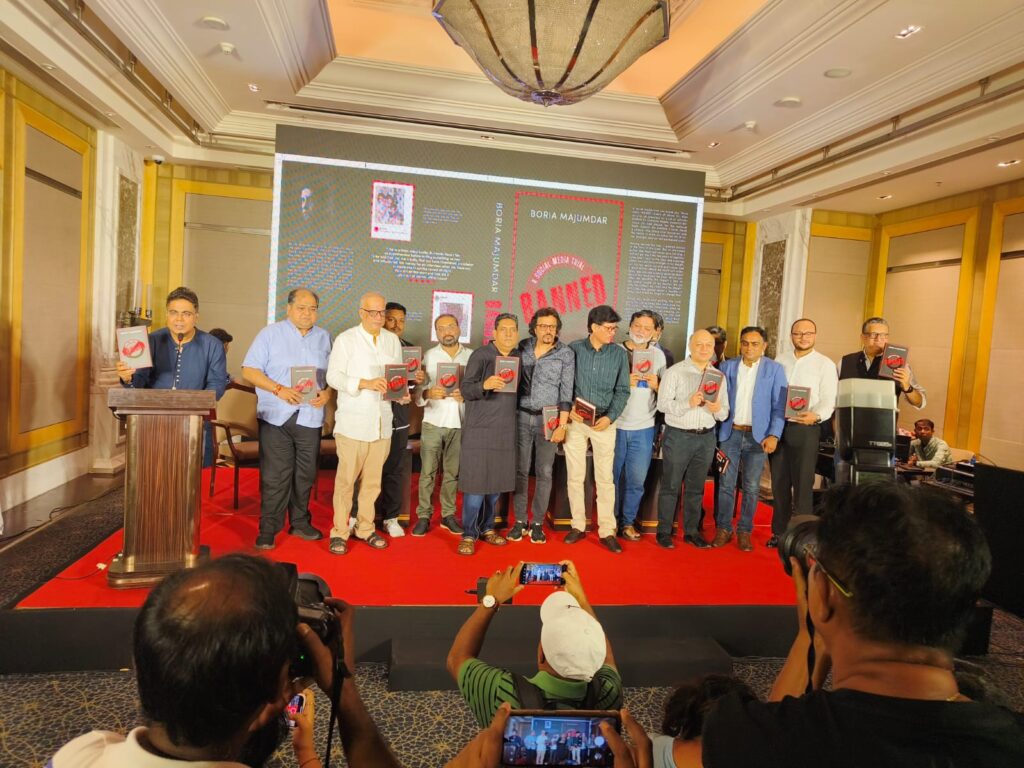
What does a journalist do when a national cricketer falsely accuses him of “bullying, threat and intimidation”? Two years ago, when that happened, the cricketer was relevant and he could influence the ‘social disgrace’ that is what social media is at its worst.
The journalist was made to serve a two-year ban. He was ostracised from covering cricket in India. What was his fault? Someone who supported the cricketer throughout his cricketing career would stoop to the level of bullying and intimidation? Is it believable? No, it is not.
Boria Majumdar could have taken the humiliation on his chin and retreated, tail between his legs? He was ready to fight a pyrrhic war instead. Truth and the courage of convictions were his currency. His latest book, ‘Banned – A Social Media Trial’, released on Tuesday, was the result of that.
Majumdar was mercilessly abused on social media. His family, including his daughter who was eight years old then, wasn’t spared. Not once did the cricketer come up with a request on social media to not target the journalist’s family. The journalist was called “cancer” and “tumour”.
Majumdar served the ban. His livelihood was taken away from him. But he fought. And now, after the ban ended on April 22, he fought back. The book had to be written. Truth needed to come out.
Why did he write the book? “My truth had to come out. My mother, my daughter, my wife, my late father and my colleagues deserved the truth. At the end, truth prevails,” Majumdar said at the book launch.
“I could have moved on. Yesterday was the closure. No, there would never be a closure. This book is not written out of vengeance. But the true story had to be told,” he added.
Interestingly, the cricketer made the accusations on February 19, 2022, the day he was dropped from the Indian team. Before that, over many years of association, he had sought help/cooperation from Majumdar, especially when he was doing his rehab at the national cricket academy. Being a cricketer from Bengal, Majumdar always helped him. That he would “bully” the cricketer over an interview request – where actually the commitment wasn’t kept from the cricketer’s side, appears absurd.
That sporting greats like Abhinav Bindra, Pullela Gopichand and Michael Clarke, whose video bites were played at the book launch, have supported Majumdar through thick and thin, and spoke about their friendship with him, tells a significant story.